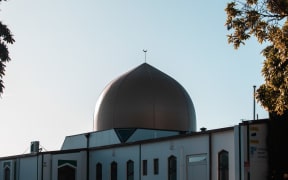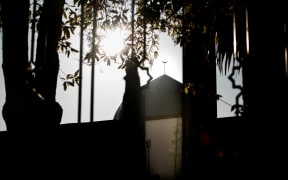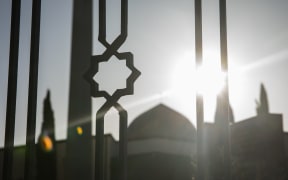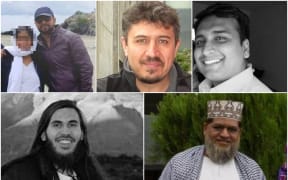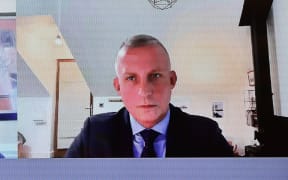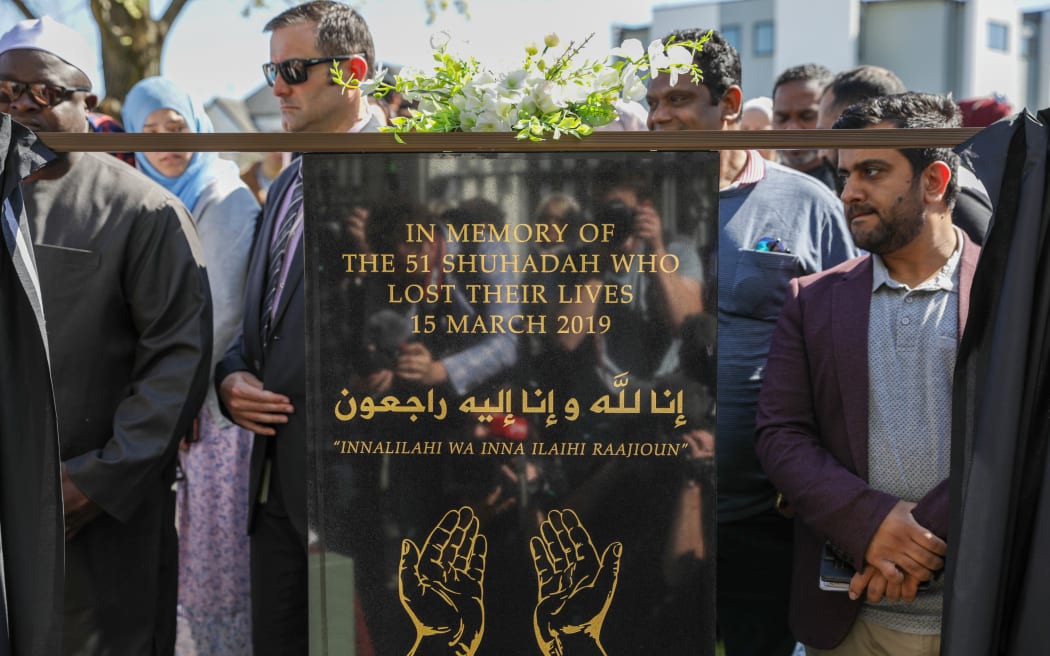
A memorial plaque for the victims of the Christchurch mosque terror attacks. Photo: RNZ / Nate McKinnon
The coronial inquiry into the 2019 Christchurch terror attack is set to deal with more contentious issues, but an Islamic group says the massacre should not be politicised.
A seven-week inquest examining 10 issues relating to the deaths of the 51 victims of the mosque shootings concluded last month.
Federation of the Islamic Associations of New Zealand (FIANZ) spokesperson Abdur Razzaq heaped praise on Deputy Chief Coroner Brigitte Windley and her team for their handling of the inquest.
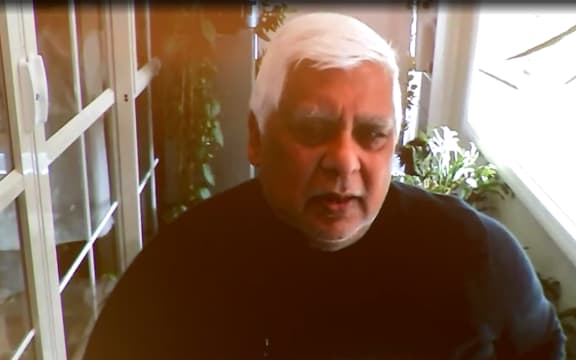
FIANZ spokesperson Abdur Razzaq. Photo: Supplied
"What has been particularly impressive is the transparency in the robust proceedings as well as the religio-cultural empathy at a time when many families were finding out the circumstances of the death of their loved ones," Abdur Razzaq said.
"This is not only the largest and most complex inquest in New Zealand's history, but also one which has both national and international prominent media coverage.
"Navigating the religious nuances, complying with the legal processes, respecting the wishes of all the 51 families and focussing on the 10 issues of the First Phase have needed a level of understanding and patience for which we consider Judge Windley and her team should be commended."
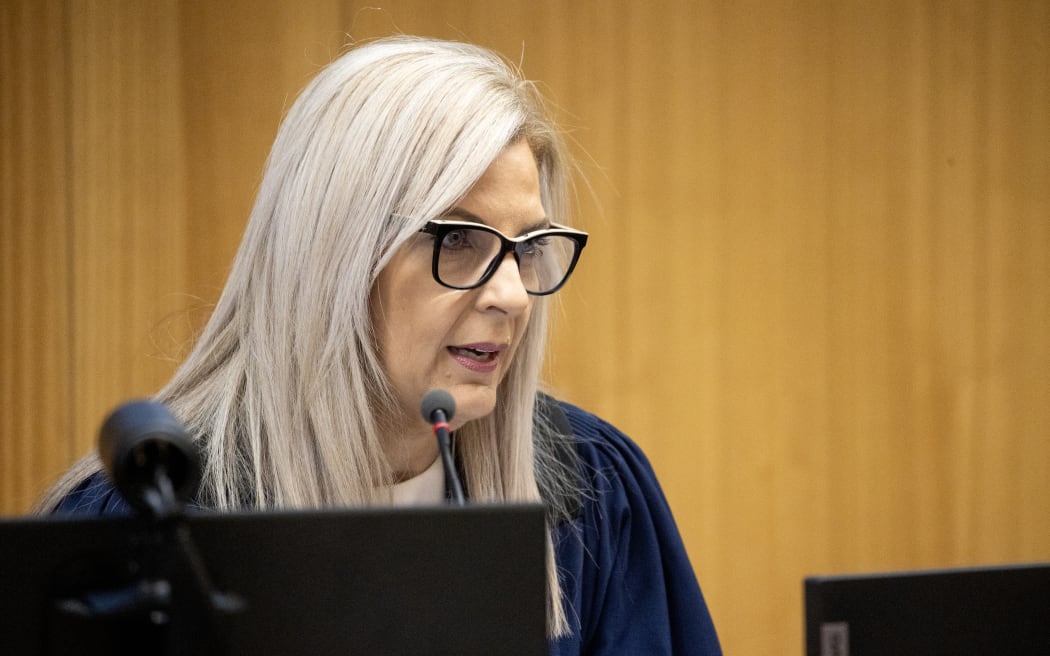
Deputy Chief Coroner Brigitte Windley at the inquest into the 15 March attack in the Christchurch District Court on 25 October, 2023. Photo: Pool / George Heard
The federation's praise came following its review of the First Phase inquest.
"Whilst there have been some logistical and related issues, such as the limited funds for overseas families of the shuhada [martyrs] to attend and the issue of naming the terrorist, the First Phase of the inquest has been most productive in finding out the specifics of what happened," Abdur Razzaq said.
"In this context, FIANZ would like to stress that the approach has not been to blame anyone, since it was plainly obvious that everyone tried their utmost on the day, but to ensure that lessons are learned for the future."
The First Phase inquest dealt with the day of the attack and the actions of emergency services on 15 March 2019.
However, the coroner still had to consider three remaining issues; the firearms licensing process followed by police, the terrorist's online radicalisation and the community's ability to respond to the risk of violent extremism.
The attack was also the subject of a 2020 Royal Commission of Inquiry that made 44 recommendations.
It examined how the terrorist obtained his firearms and firearms licence, however, there were many lingering questions for victims' families, Abdur Razzaq said.
"Now we have an opportunity to ask questions, which we didn't with the Royal Commission, and the focus, we feel, is more specific.
"The Royal Commission talked in terms of generalities or when it went into the detail of the gun licensing, we were never able to question that and get some more information. This is what we're asking - to find out what happened. And not just the gun licensing but also in terms of the online activity of the terrorist."
The inquiry should not be politicised when it came to those issues, particularly firearms licensing, Abdur Razzaq said.
"This is not the platform for it. There are, of course, gun lobby people and they have got every right to raise it, but what we are saying is this is not the context for it.
"We are focusing on the coronial inquiry. Gun reform, gun licensing reform - those kind of things we can look at in a different context. The legislation we can look at in a different context.
"We are looking at what happened with the gun licensing and what went wrong. Those are the lessons we are looking at."
